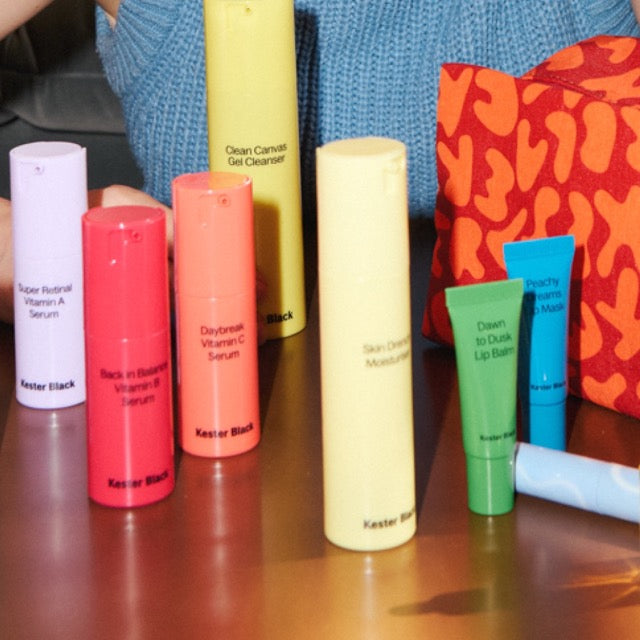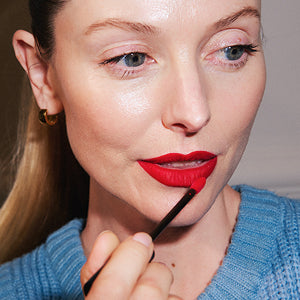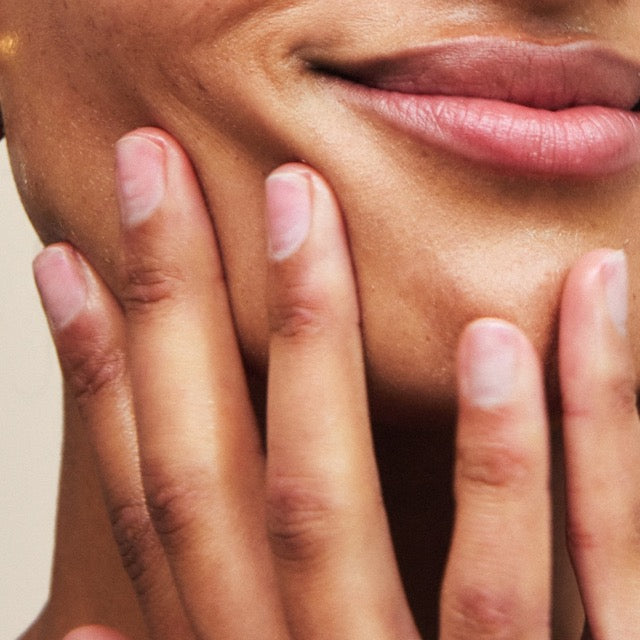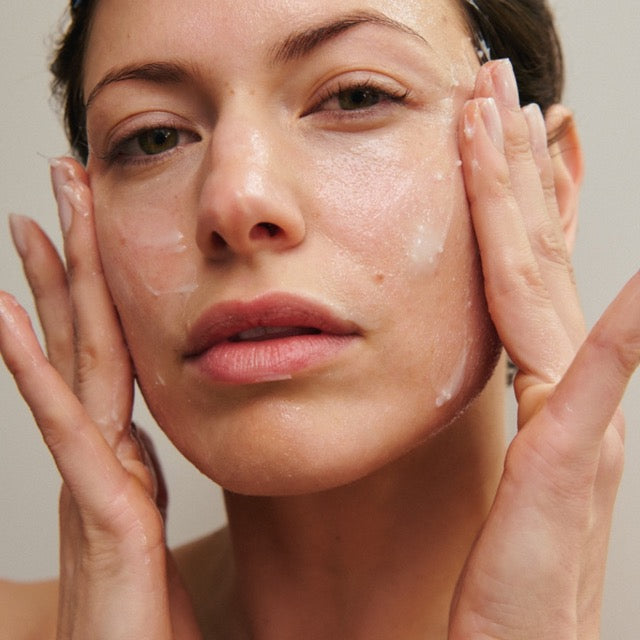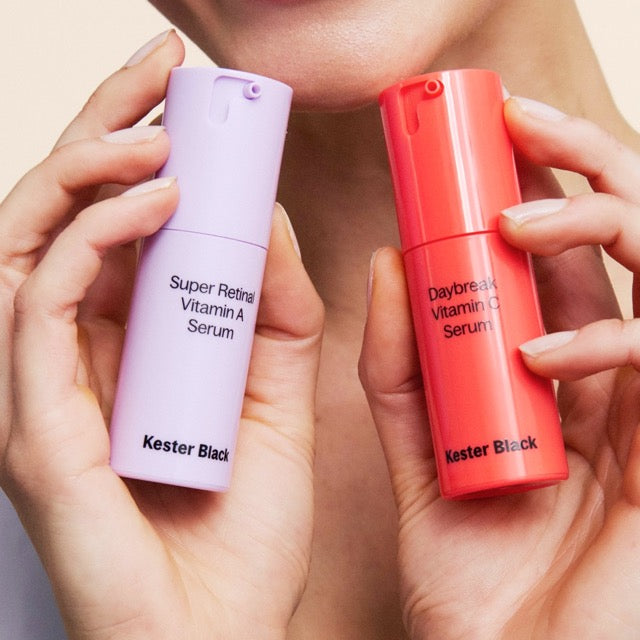You might be wondering why we’re writing about nutrition and health – but we believe in a holistic view of beauty, and we know you can’t glow on the outside if you don’t look after your insides. Science knows it too, with a growing body of evidence supporting the links between gut health and moods, mental health, and physical health. Kester Black’s founder, Anna Ross is passionate about all things health and beauty, and through her own personal health journey has spent years deep-diving into what makes our bodies tick. Here we share some of the most helpful diet and nutrition tips she’s discovered from reading, watching, listening and learning.
1. Eat food, not too much, mostly plants and eat organic
If you had one mantra this would be it.
2. There is no one-size-fits-all solution
Each body is different – your body is different to your Mum’s, your partner, and your best friend. Just because a certain method worked for “everyone else”, doesn’t mean it will for you. It’s all trial and error until you find the right mix for your unique body and lifestyle. Listen to your body, it will tell you if something isn’t working.
3. Diversity of plants and whole foods keeps your body happy
In general, including a vast array of plants and other whole foods in your diet will keep you flourishing on the nutrition front. There are of course exceptions, such as if you have a gut disorder, where certain fibres need to be limited for a period of time. A simple but effective tool for enhancing the nutritional benefits of many plant foods is to eat these raw, and/or sprouted. Cooking of foods often denatures the proteins and enzymes inside, which makes them more of a challenge for the body to access. Sprouting of nuts, seeds and legumes can be easily done at home, greatly improving their digestibility and bioavailability of nutrients.
4. And packet food with numbers for ingredients is not…food
We know you know this, but if it comes in a packet, chances are the nutritional value is low to non-existent. Also, while we’re talking food: sugar is no one’s friend – it’s a toxin. The food colouring, preservatives and stabilisers in packet food are not found in nature and create chemical confusion in the body, in turn contributing to all sorts of autoimmune and hormonal disorders, as well as allergies.
5. Cravings are your body’s way of talking to you
Constant cravings could actually be a sign that your gut bacteria is out of balance. Gut health has been linked to so many aspects of health, including adrenal fatigue and some skin conditions.
6. Seed oils are not good for you
This includes canola, rapeseed, safflower, sunflower, soybean and corn oil. Their extraction process relies on the use of solvents and other chemicals, before bleaching and being steam treated at high temperatures. The research into these and their negative impact on your health is growing and the bottom line is: they are no good. While it may be easy to find articles "debunking" this, even within these articles they will often point out that healthier alternatives include olive oil, avocado oil, or coconut oil. The closer any food is to its original state, the likelihood of it negatively impacting your health is much lower.
7. Fasting isn’t for everyone
While it can work for some, most of the research has only been conducted on men. Medical trials routinely exclude women because the effects are unknown and could affect fertility. Fasting has been touted as a longevity hack and although that may be true, it can also have a devastating effect on hormones, especially if you already have adrenal issues.
8. Weight is not always linked to diet
Stress and hormones could also be contributing factors.
9. Your toilet behaviour matters
Many shy away from talking about it because of the stigma, but it can tell a story about your health. Consider how often you go, what helps you poop, and its texture/ formation – there’s a lot to learn here.
10. Drink the water
And lots of it. Chronic dehydration can often be the cause of brain fog, fatigue and even weight gain. If you struggle with water intake, add smoothies to your diet, or high water content foods to up your hydration.
11. Water quality is essential
We know good hydration is critical to health, so knowing that, why would we drink the lowest quality possible – tap water? Tap water often holds chemicals and toxins, whereas good quality water has a structure that makes it more bioavailable to your cells – which means your body is actually getting the goodness. Natural spring water fresh from nature is the gold standard, but we’re realistic that this is not all that accessible in the city. A high quality filter can clean up tap water, but you may want to consider re-mineralising and structuring for the most benefit.
12. Micro movements aid hydration
Small movements like ear to shoulder helps hydration get to where it’s needed – the cells. Not only do these micro movements aid with transporting water into cells, they stimulate the lymphatic system which is an essential part of your body’s natural cleansing process.
13. Supplementation isn’t always the answer
The ingestible boom of the last decade has made self-supplementation very accessible, but there’s a lot to consider before you go there. If your issue is malabsorption for example, that is linked to gut health, so without fixing that the supplements will be useless. Also the purity and effectiveness differs vastly between brands, and over – or incorrect – supplementation can throw your body out of balance and create problems that didn’t exist. Always consult with, and discuss your supplementation with your health practitioner.
Recommended reading and viewing:
Want to learn more? Check out some of Anna’s favourite resources below.
